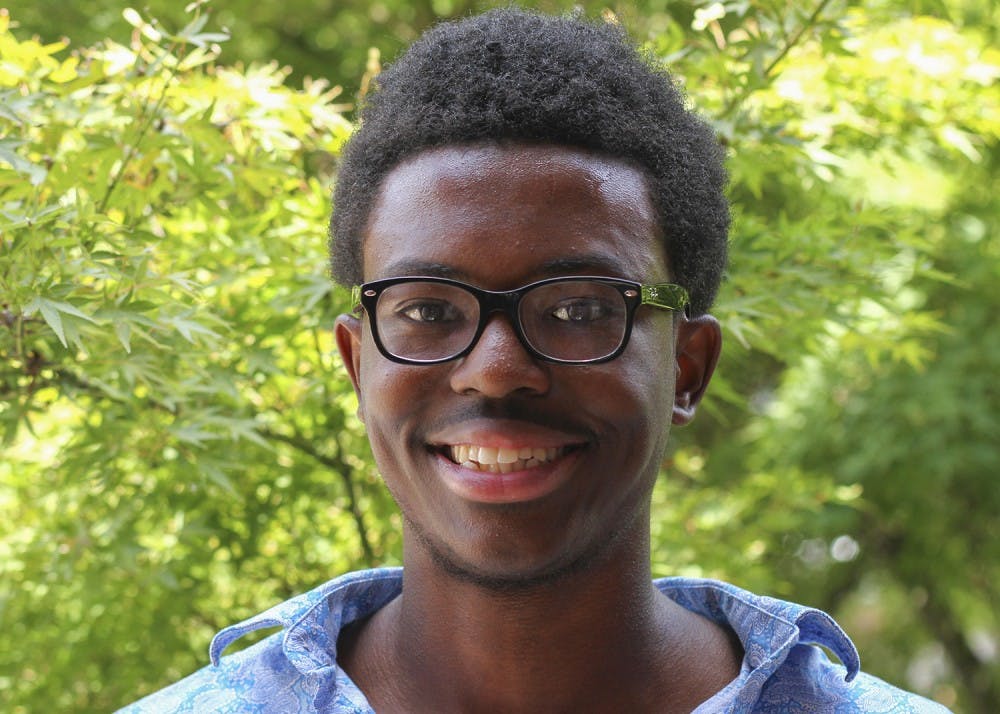More than half of undergraduate students at UNC identify as women. And of those women, approximately 20 percent will be victims of sexual assault during their time enrolled in college.
For these women, the reward for excellent high school grade point averages and a laundry list of outstanding extracurriculars is violence, most often by men, most often by men they thought they could trust.
Our university’s discursive landscape is centered on the discussion of Title IX and violence prevention. The press has done a tremendous job of reporting perspectives by mostly white, young women and their opposition to the campus sexual assault policies.
It is not for a lack of understanding or apathy that women of color have not pressured media outlets to report their experience. All women who are survivors of violence perpetrated by men can make conscious decisions on whether or not to participate in “Speak Out” sessions or to report their attacker.
There are just as many benefits to reporting as reasons to hesitate. Black and brown women, specifically, tend to be culturally inclined not to speak about their sexual or domestic abuse — not always because of a fear of retaliation by their attacker or reluctant police work, but also because of the effects the prison-industrial complex has on black and brown men, such as extended prison sentencing, aggression from police, economic repression and disenfranchisement.
The dominant discourses surrounding sexual assault have rarely mentioned the many historically black colleges and universities in North Carolina.
An article published in The Journal of Interpersonal Violence said HBCUs report fewer “completed sexual assaults,” which the report suspects could be due to a relative lack of excessive alcohol use on these campuses. Still, a 2010 study by The National Intimate Partner and Sexual Violence Survey found that nationally, black, multiracial and American Indian women were sexually assaulted at higher rates than white women.



